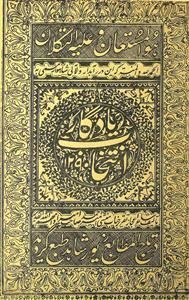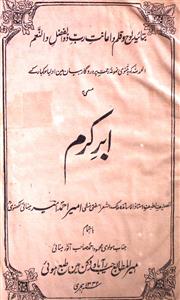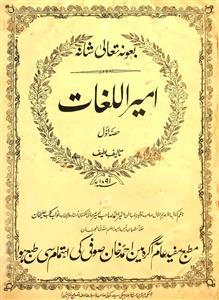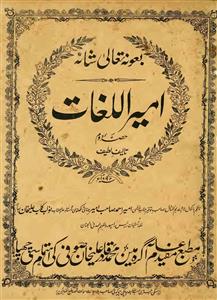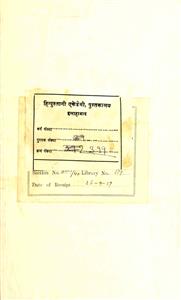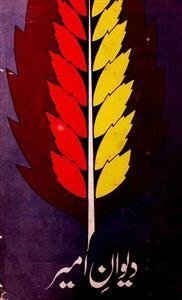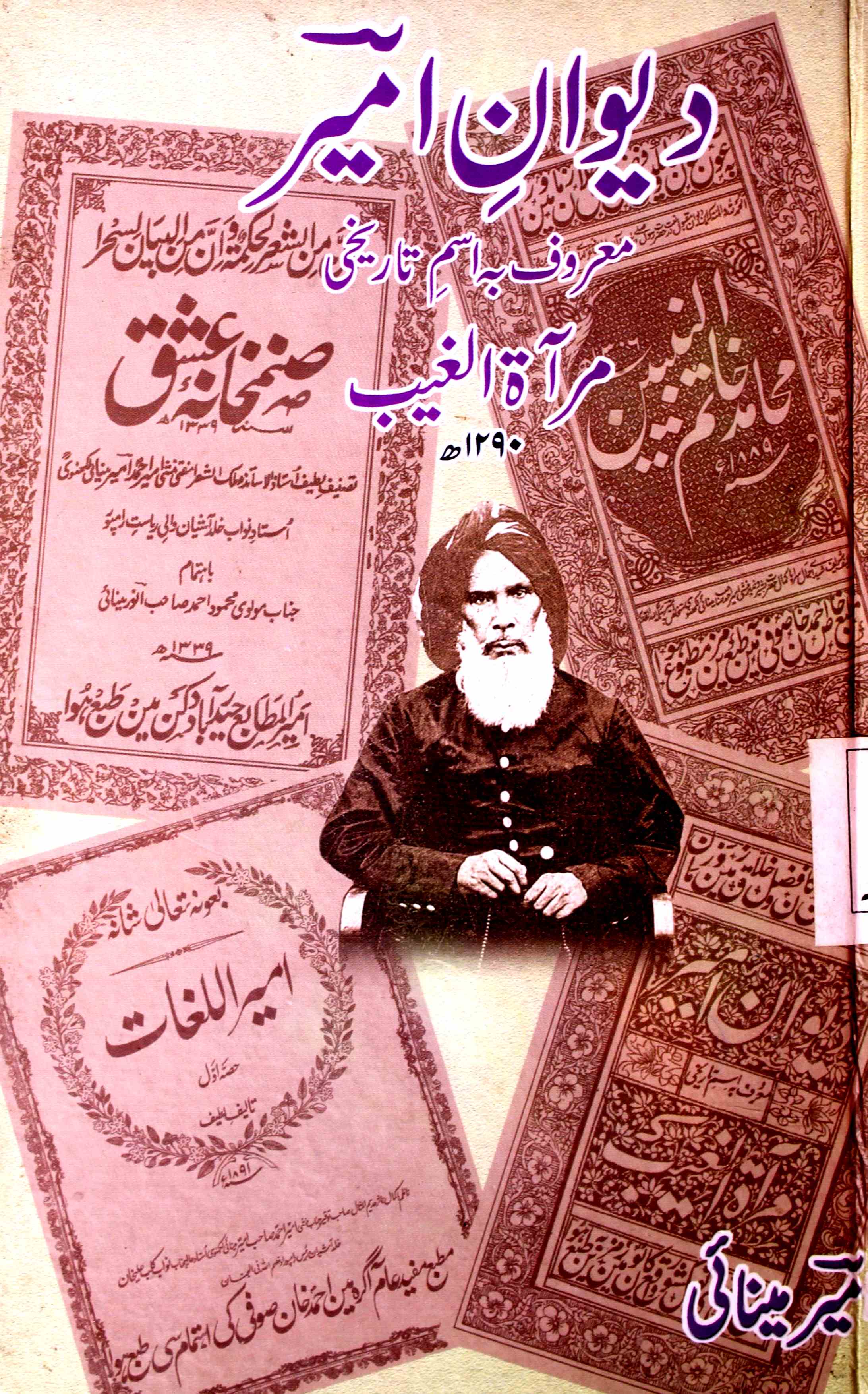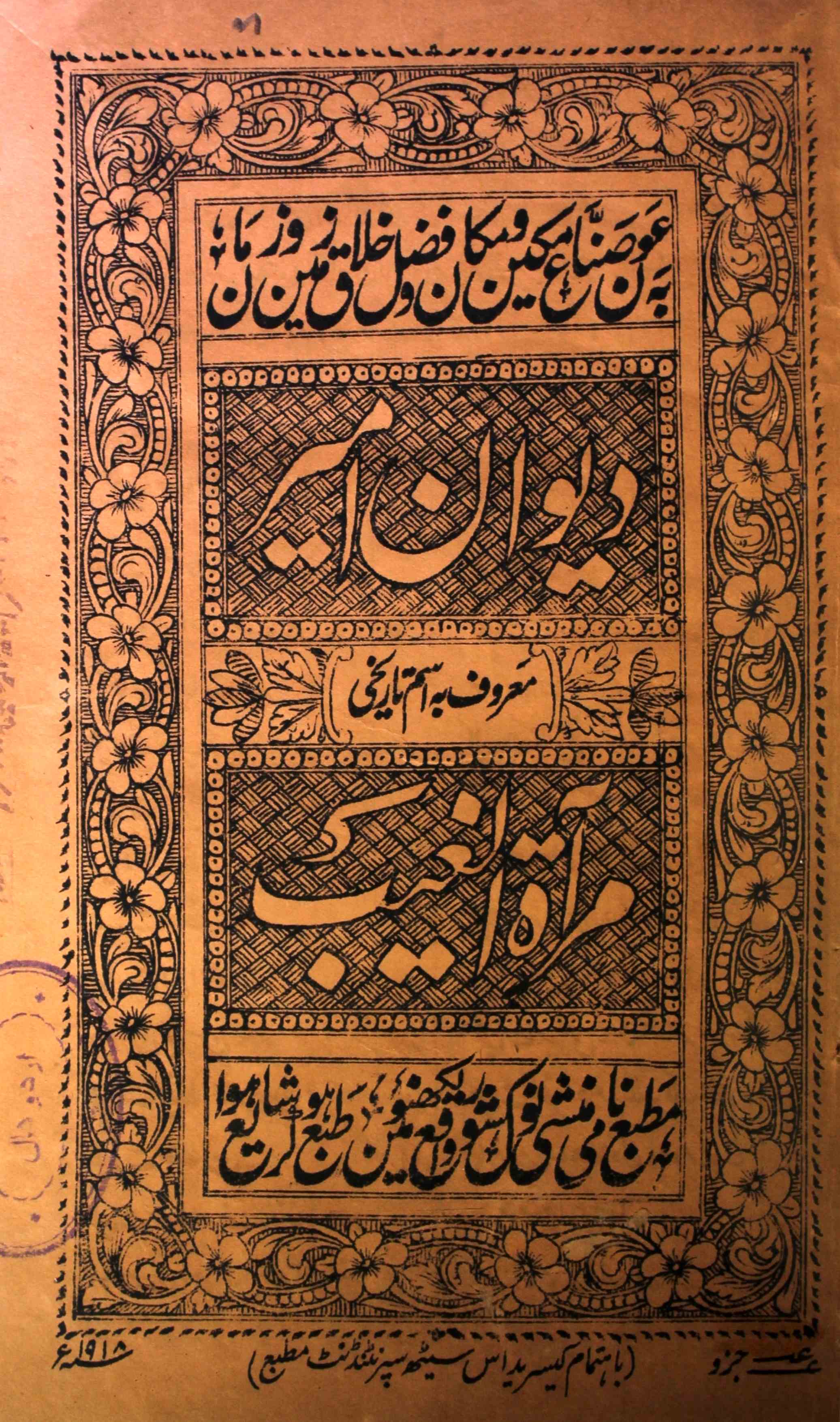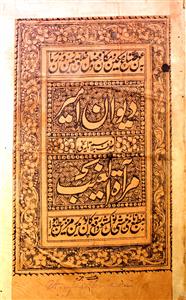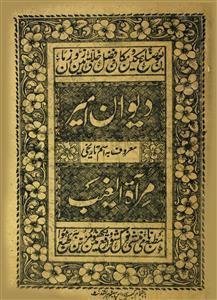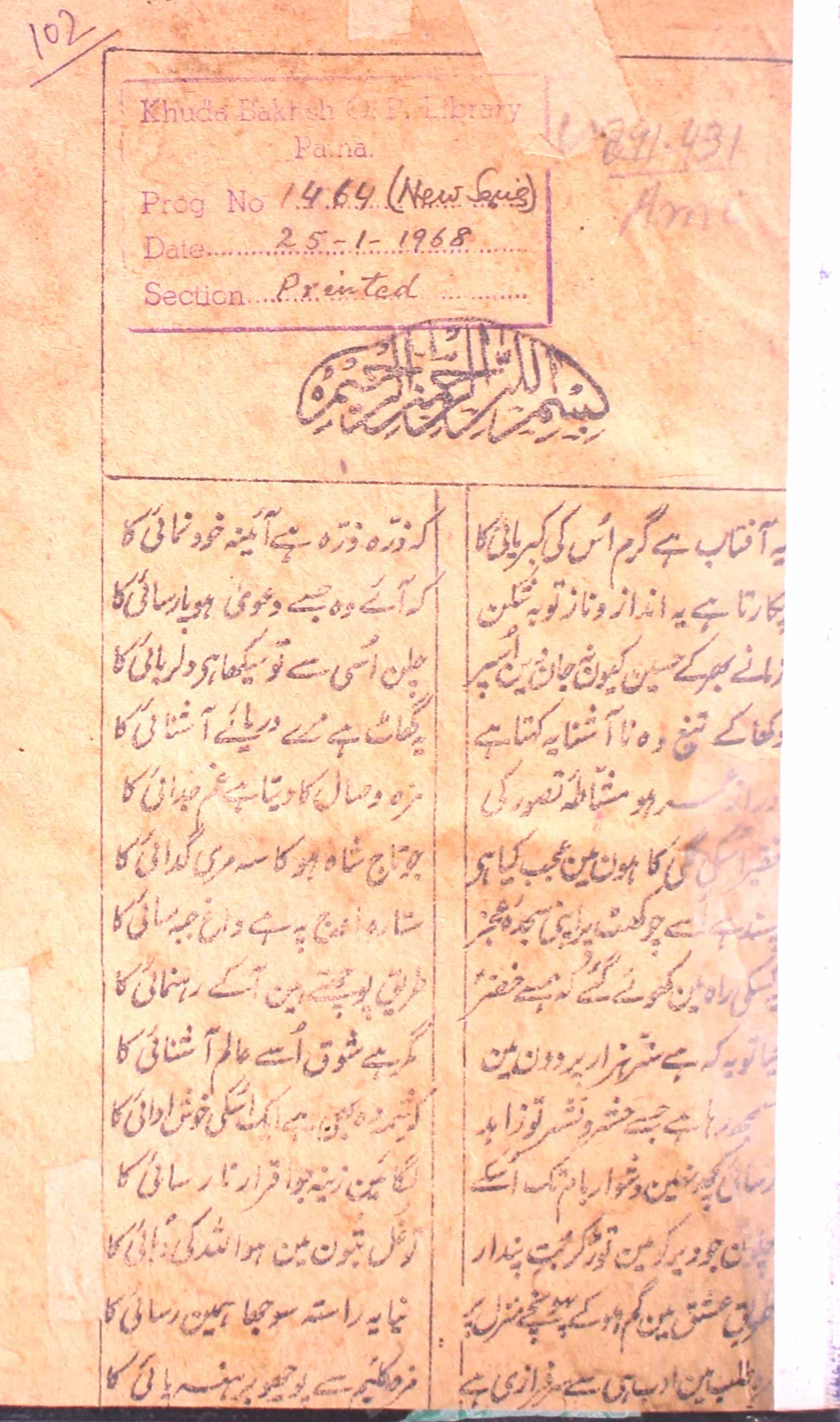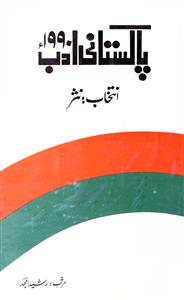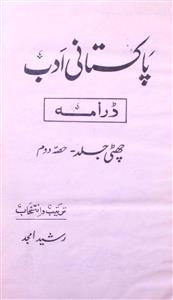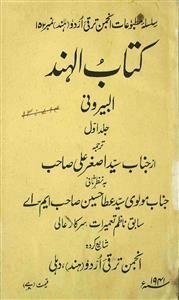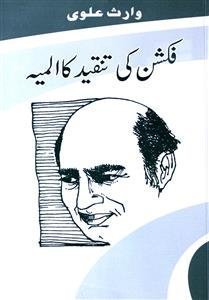 For any query/comment related to this ebook, please contact us at haidar.ali@rekhta.org
For any query/comment related to this ebook, please contact us at haidar.ali@rekhta.org
About The Book
زیر نظر کتاب "انتخاب یادگار" امیر مینائی کا لکھا ہوا شعرائے رامپور کا تذکرہ ہے، جو نواب کلب علی خان کے ایما پر شائع ہوا۔ انتخاب یادگار کی وجہ تالیف امیر مینائی نے یہ لکھی ہے کہ "ایک دن نواب یوسف علی خاں وائی رام پور کو یہ خیال آیا کہ ایک تذکرہ شعرائے ماضی و حال کا ایسا ہو کے اس سے خاص والی ریاست کے متوطن و متوسل شاعروں کی مختصر کیفیت سخن گوئی کی حقیقت نقش صفحہ روزگار ہوں" اس حوالے سے لوگوں کا کہنا ہے کے چونکہ یہ تذکرہ امیر مینائی نے نواب کی فرمائش پر لکھا تھا اس لیے مؤلف کو آزادانہ اظہار خیال کا موقع نہ مل سکا کیونکہ بہت سے معمولی شعراء رام پور کے حالات بھی نواب کی سفارش پر امیر نے اس میں شامل کیے۔ پہلے شعراء کی تعداد ٤٧ تھی بعد میں یہ بڑھ کر ساڑھے پانچ سو کے قریب ہو گئی۔
About The Author
An eminent Urdu Poet and contemporary of Dagh Dehlvi, Ameer Minai was widely acclaimed for penning the ghazal "Sarakti jaye hai rukh se naqaab aahista aahista". He was born at Lucknow to Sheikh Karam Mohammad Minai, who was a direct descendant of Shah Makhdoom Minai, a renowned Muslim saint of 15th century. In addition to being a scholar of Urdu and Persian, he had thorough knowledge of Arabic, Sanskrit theology and medieval logic. After the revolt of 1857, Ameer migrated to Rampur, where he lived a life of comfort, under the patronage of Nawab Yusuf Ali Khan and his successor, Nawab Kalab Ali Khan. It was at Rampur where he had spent the larger part of his life and achieved a lot of fame as a poet. After the death of Nawab Kalab Ali Khan, Ameer had to go to Hyderabad, where he was given a warm welcome by the Nizam. However, destiny had different plans for him. He died in 1900 after a brief illness. Among all his pieces of work, the greatest was "Ameer-ul-Lughaat", a comprehensive Urdu-to-Urdu dictionary that he had intended to compile in eight volumes. Unfortunately, only two volumes were compiled and published in 1891 and 1892 respectively. Even though he was extremely skilled in various genres of poetry, ghazals brought him most of the fame. These were inclusive of Mirat-ul-Ghalib (1868), Gauhar-e-Intekhab (1896) and Sanam-khana-e-Ishq (1896). He died in the year 1900 in the city of Hyderabad.
 For any query/comment related to this ebook, please contact us at haidar.ali@rekhta.org
For any query/comment related to this ebook, please contact us at haidar.ali@rekhta.org
